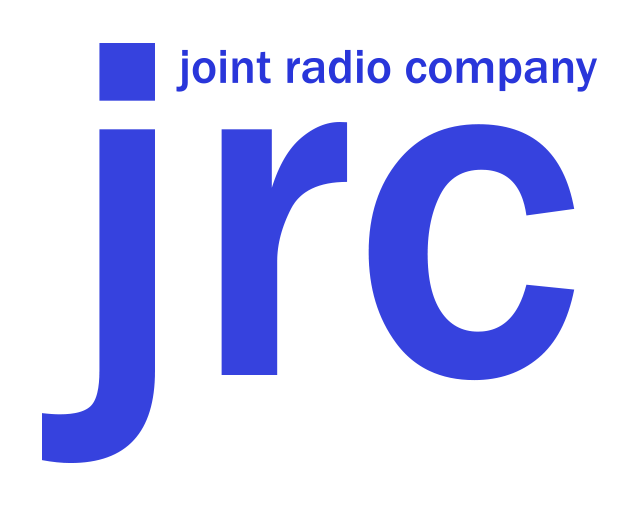
spectrum management, radio and telecommunications services
Frequency Co-ordination Services
Because of spectrum congestion most any radio system licensed in the UK ends up sharing a channel with someone else.
The problem of co-channel usage is particularly severe in built-up areas - where most businesses are and where most businesses require communications. In order to avoid severe interference careful co-ordination is necessary to ensure that service disruption is minimised whilst at the same time maximising the utilisation of the spectrum by all parties. JRC is adept at undertaking such frequency co-ordination.

The Utilities have a similar problem, but it's on a national scale. Every energy supply company requires communications and at certain times that requirement for communications is essential. This is where JRC frequencies come in. Most electricity utilities maintain a resilient mobile communications network to aid supply restoration in the event of a wide-area power blackout caused by, say, a particularly bad storm. Extreme weather events are becoming more common and contingency planning requirements mean that resilient communications are becoming an essential requirement.
Coverage Planning
All the JRC regional radio networks are in a segment of the radio spectrum licensed by JRC and known in the UK as the Mid-Band Downband. The actual allocation used by the Energy Industry is made up of two 1 MHz blocks centred around 140 MHz and 148.5 MHz - we call it J-Band or JRC-Band.
For more details, check out our listing on RF Man's Frequency Page
This block of spectrum has been planned for national geographic coverage using a high-density channel reuse cellular assignment plan devised by the JRC. All requests for new assignments in this band need to be co-ordinated using planning rules based on this cellular plan.

JRC's planning tools are state-of-the-art and our colleagues have extensive practical experience in radio service area design, planning and network roll-out so the usual problem associated with radio planning tools: wrong or inaccurate predictions, is avoided.
In addition to optimising the radio network designs of the Energy Networks we have been able to help several non-utility organisations to plan radio networks as well as individual assignments.
For more information on our radio planning facilities and services, please feel free to contact us!


